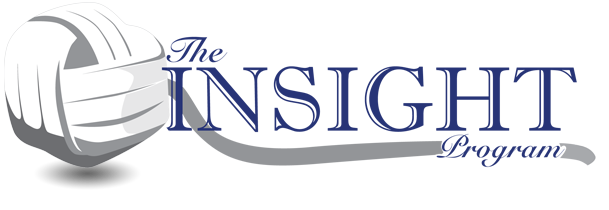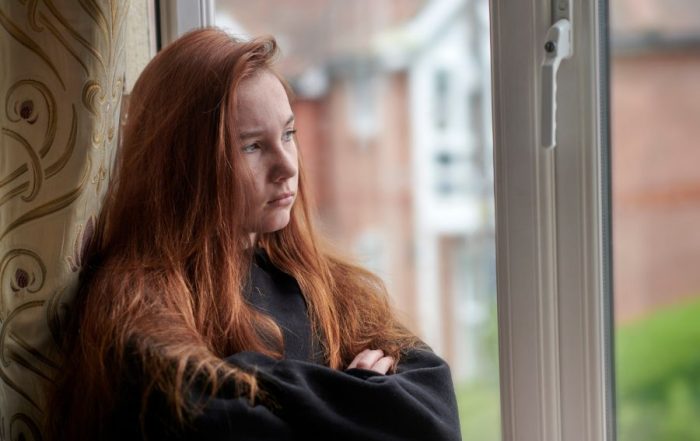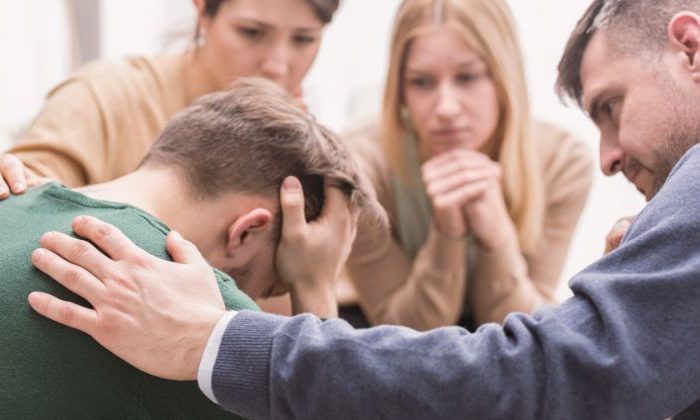Addiction is a Family Disease: Meaning, symptoms, and breaking the cycle
Over the past few decades, we’ve worked with many hundreds of families wherein one or more members of the family have some kind of substance use disorder. One of the topics that seems to generate the most confusion during the intervention process is the topic of addiction as a family disease.
Addiction is often considered a family disease because it profoundly impacts not only the individual struggling with substance abuse but also the entire family unit. The dynamics of addiction leads to strained relationships, codependency, enabling behaviors, and emotional distress among family members.
In this article, we’ll clear up some confusion about the terms we use, and provide some practical suggestions regarding managing your relationship with an addicted loved one.
What “Addiction is a family disease” really means
Early in the intervention process, we always end up discussing the topic of addiction as a family disease. It’s common for parents or spouses to initially take issue with the phrase if they’ve never heard it before.
The most common reaction being: “What do you mean I have a disease? THEY are the one causing all the trouble in our family!”
Dis-Ease: the meaning of “disease”
One illustration we often use that helps it “click” for family members is to think of the word “disease” in two parts: when a family member is in active addiction, the entire family is in a state of “Dis Ease.”
- Everyone in the family has a perpetual rock in their gut
- The addicted family member generally feels they are being mistreated and their family is overreacting
- Mom and dad often disagree with each other about the best course of action, leading to tense moments or full blown fights
- Siblings who don’t use drugs often feel they are underappreciated and blown off
- Everyone is at least somewhat mad at everyone else
In other words, everyone in the family suffers as a result of one person’s drug use. Everyone is in a state of dis ease. In a practical sense, this is what we mean by “family disease.”
What the family disease of addiction really looks like
Once we gain an understanding of the family disease model of addiction, it’s not difficult to see how a family in this state could get off track rather quickly. There are physical and mental health implications for everyone involved, not just the individuals using drugs or alcohol. Family relationships are pushed to the brink of breaking, and many families find they don’t have the coping mechanisms in place to handle the stress on their own.
Whether we’re dealing with an drug user in a relatively well-adjusted normal family or multi-generational dysfunction, an addict in the family creates chaos, fear, and uncertainty with each passing day.
Parents, spouses, siblings do things they normally wouldn’t, and over time the behaviors become ingrained. Here are some of the signs of the family disease:
Walking on eggshells
If you’ve had an addict in your family, you know exactly what we mean when we say “walking on eggshells.”
Individuals heavily involved in their drug use can be all over the map emotionally. They can be manic, depressive, explosive, and everything in between. Confronting them one day may lead to a tearful heart to heart, whereas another day it may lead to a knock-down drag-out argument or threatening a relapse.
Whether they’re conscious of it or not, this is one of the addict’s primary modes of manipulation – and everyone in the family feels it.
Family denial
We often think about denial in the context of an addict or alcoholic who cannot admit to themselves that they have a substance use problem. While this is certainly an almost universal issue among drug users, there’s another, sneakier form of denial that’s often present: family denial.
Families love their children – as they should! It’s often very, very hard for parents to accept that their loved one has been lying to them or taking advantage of them to the extent that they have.
Couple this with the fact that drug users are experts at keeping their behaviors hidden right up until the point that they are fully exposed – leading parents to falsely conclude that the behaviors they are seeing are “new” or “not as bad” as it appears.
In other words, having the truth exposed can be just as hard for Mom and Dad as it is for Junior.
Fear of being exposed
This is a big one, although not everyone relates to it initially. It can be especially potent when a family has just uncovered their young one is smoking weed, drinking, or doing other drugs. It’s common for family members (especially parents) to feel that they are, at least in part, responsible for their loved one’s addiction. Parents may wonder if something in the way their child was reared led to this moment, and they can feel consumed by guilt as a result.
The trouble with this type of guilt is that it makes breaking through familial denial even harder. If, for instance, Dad feels that if Junior is exposed, he’ll also be exposed too, then the family now has an incentive to continue sweeping things under the rug.
Though this almost always turns out to be a false event appearing real (F.E.A.R.), it can be incredibly powerful if left unaddressed.
Enabling behaviors
The end result of the symptoms mentioned above is enabling behaviors. Though many people have heard the term before, there are some not-so-obvious ways that this comes out in the real world:
Families with partial knowledge of their loved one’s drug use will often allow an addict to continue using in their home in order to avoid the confrontation, or in a misguided attempt to keep them safe.
Families will support an addict financially or by paying bills in order to avoid the full extent of the addiction coming to light, or to avoid being stolen from.
Whatever the individual behavior, it’s often motivated by fear of exposure or fear of “losing” the loved one for good. From an emotional standpoint, this is a terrible state of affairs for everyone involved. For further insight into this topic, see our full article on supporting an addict without enabling.
Breaking the cycle of the family disease
Breaking the family disease of addiction is often a layered process and it can take time. Very often, it requires professional help, although free support groups like Alanon, Parents of Addicted Loved Ones, or our parent support group can be extremely beneficial as well.
Note that affecting one part of a family system will have a ripple effect throughout the rest of the family system, and it can be painful at first. We often have to say to families that it can get worse before it gets better.
In our experience, the best things we can do to break the cycle of the family disease of addiction is to:
- Make sure we’ve got adequate support systems in place. Nobody is perfect, and changing an ingrained family dynamic can take time.
- Do our best to be on the same page with our spouses and partners, even if it means making compromises or conceding little things.
- Establish logical boundaries early in the process based on what you are personally comfortable with.
Professional help from a trusted therapist or counselor trained in dealing with addiction and family dynamics will be invaluable in this process. The early recovery process can be hard for a family, but it is extremely rewarding.
Next steps
We hope this article has shed some light on why professionals in our industry will often say that addiction is a “family disease” with far-reaching impacts that extend beyond the individual struggling with substance use.
If you’re in the thick of it with a loved one – there is hope. The first piece we’ve got to realize is that our entire family has a problem, and things are far more likely to get better if the entire family is on board with taking a look at what needs to change.
If you’re anywhere in the Southeast, give one of our programs a call. If desired, we’ll set up an initial evaluation with you to provide some insight and guidance on the specifics of your situation. If you’re not, discussing your issues with a trusted healthcare provider can be a great place to start – they often know of resources in your area that can pertain to your situation, the age range of your loved one, and any other relevant particulars.







